As Electric Vehicle(EV) continues to grow year over year, we can see that, more and more EV charge stations or points have been installed, including home EV charger, public EV charger, and even the auto maker has their own EV charging points for their customers to deliver great service to the market. Today, we’re going to share with you how 4G and IoT technology has helps to build a smart public EV charging stations and help the providers to reduce their cost of deployment.
The rising concerns of climate change and air pollution concerns have called on the new technology to reduce the exhaust emission of the automobile and save our planet, which has driven the Electric Vehicle launched to the market and come to our life.
As we can see, the public EV charging stations or points have been built on roadside, shopping center, parking lot, etc., but how to remote monitor and manage the EV charging points has become a challenge to the EV charging point providers.
How to Reduce the Cost of Installing EV Charging Points by Using 4G LTE Router?
The Bivocom Industrial 4G LTE IoT Router TR341 has both wired and 4G LTE (Dual SIM) connectivity, while is flexible for providers to deploy their EV charging points, because they can choose either to use a 4G LTE or cable to provide the internet connectivity between onsite facilities and remote cloud server. What’s more, it supports auto switch between wired and 4G LTE, which means when SIM 1 is down, it will auto switch to SIM 2, while if both SIM are down, there is cable for final back, and this provides a reliable and robust connectivity.
And its rich I/O like RS232, RS485, ethernet port RJ45, as well as WIFI are flexible for diverse IIoT equipment, including IP camera, PLC, IPC, help the EV charging provider to remote monitor and manage their massive EV charging points.
Besides, the built-in WIFI of TR341 supports Radius client and Captive portal, which allows the operator onsite to manage and configure the cellular router in a convenient and secure way. While the captive portal is a great feature for WIFI advertisement when users access their WIFI network.
In addition, TR341 also supports built-in independent GPS module, easy to locate the position of EV charging points.
TR341 supports Modbus,JSON,MQTT protocols, so the onsite data can be calculated and transferred at the edge before sending to remote cloud server. which saves the cost of data transmission. TR341 also supports VPN (PPTP, L2TP, IPsec, GRE) for secure and private tunnel for connectivity.
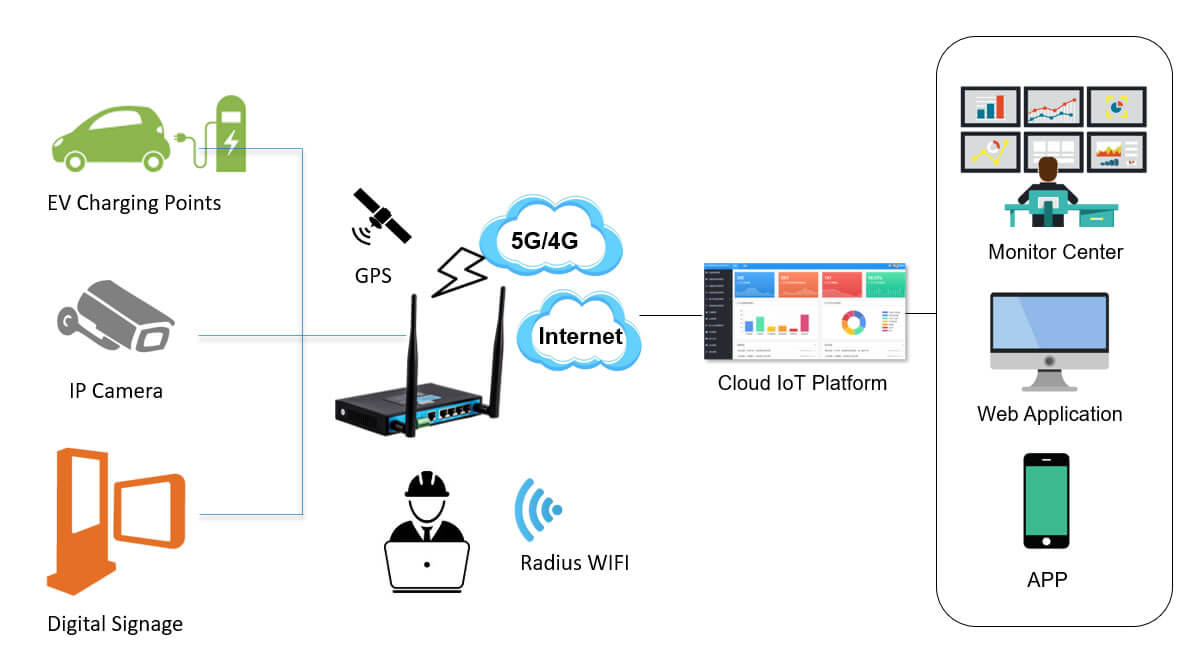
Image: EV Charging Points at Parking Lots(TR341)
While if you’re looking for an entry level industrial cellular router for your application, Bivocom also has a 2-LAN port 4G LTE IoT router-TR321, which has 1-RS232, 1-RS485, 2-RJ45, WIFI, and has most of the same features as TR341.
Image: EV Charging Points at Parking Building(TR321)
What if the 4G coverage in your region is poor and not reliable?
As you may know, in some suburb areas and sites underground, 4G coverage maybe not that strong, while there is limit source for cable connectivity, what solution do we have?
No worry, there is another solution for you, LTE-M/NB-IoT Router TR321-M which provides global LTE CAT M1, NB-IoT and back support GPRS, as you may know, the coverage range of LTE CAT M1 and NB-IoT is much better than 4G LTE, what’s more, its data plan of IoT SIM card is also cheaper, so if your data transmission bandwidth requirement is not that big, the LTE-M/NB-IoT industrial cellular router TR321-M is a great solution for you.
In conclusion, Bivocom industrial cellular routers, such as TR341 and TR321 are great solutions for EV charging points and stations remote monitoring and management.
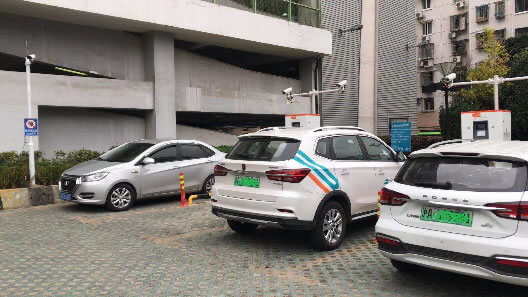
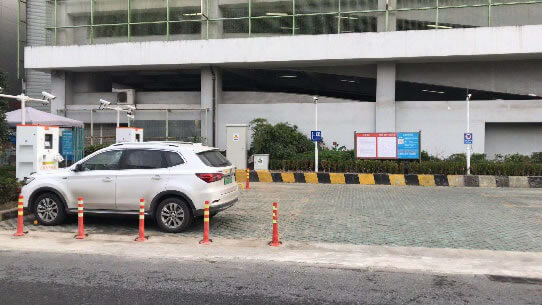
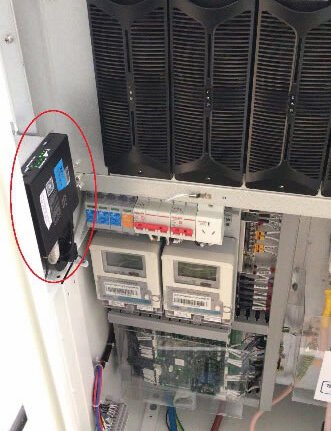
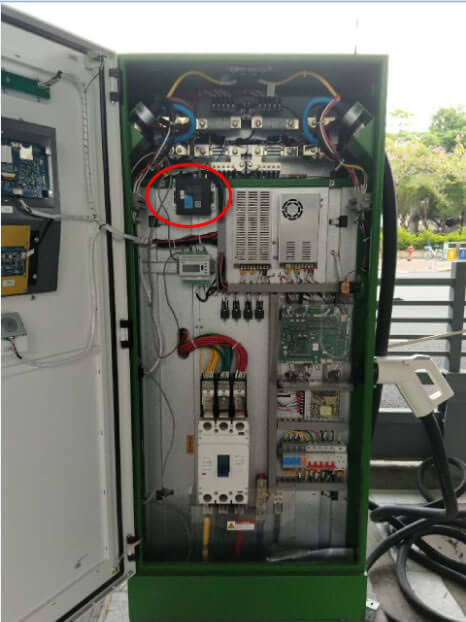
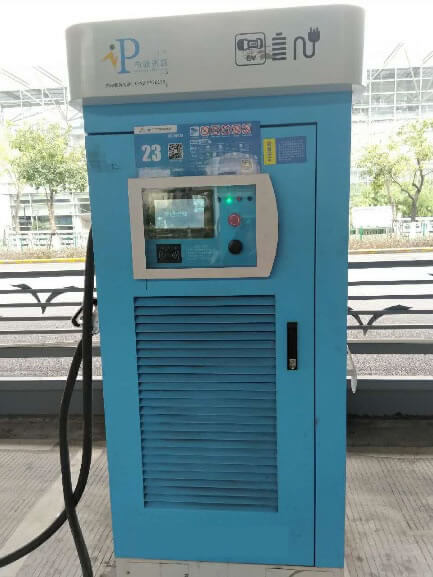
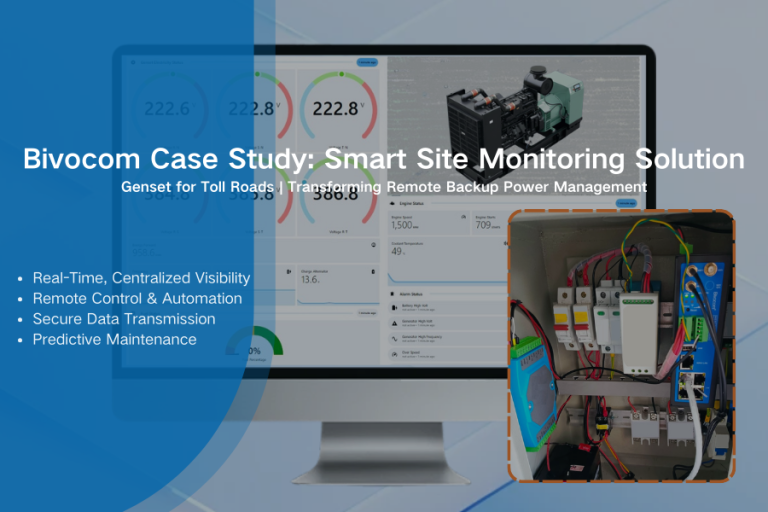
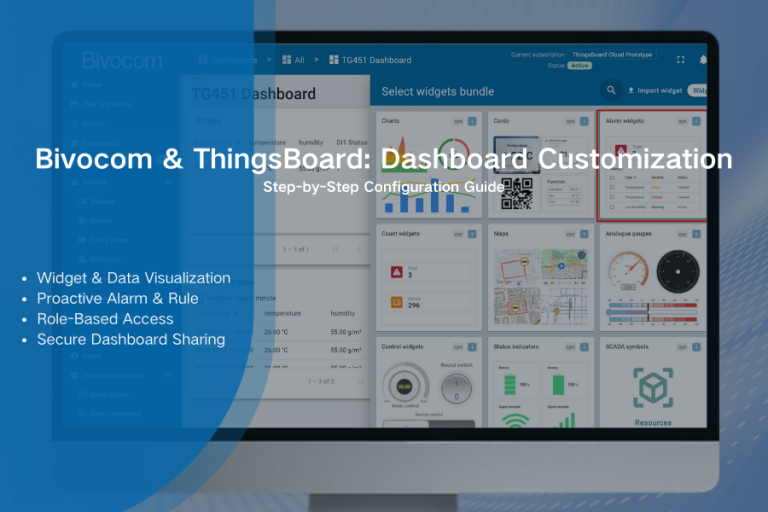
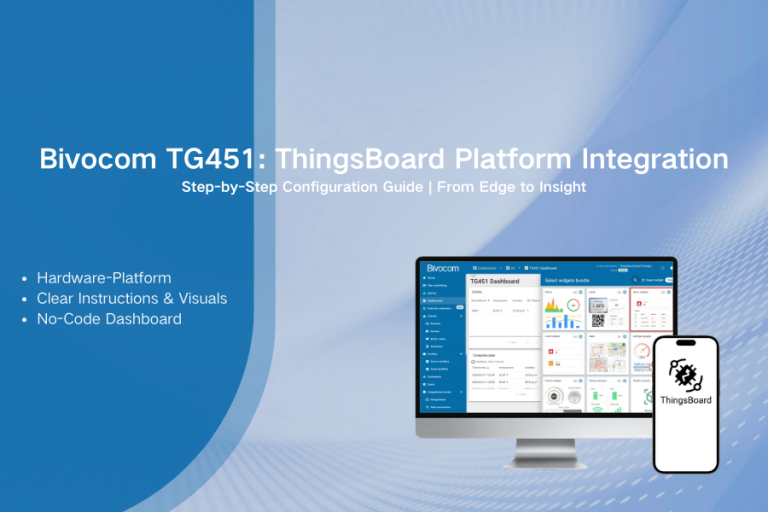
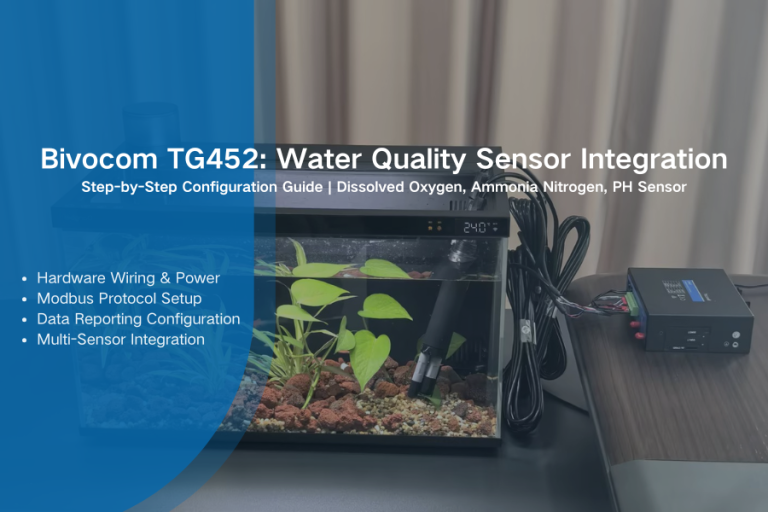
Comment